Core subjects make up 30 lessons a week including 8 lessons of English, 7 of Maths, 9 of Science and 2 lessons of PE for all students. Lifeskills (PSHE) and Ethics (including the Religious studies requirement) are taught through timetabled lessons once a fortnight.
Four options subjects are chosen and make up the remaining 20 lessons per fortnight. From 2023, Triple Science will be available as a chosen option. A small group of students also take Curriculum Studies instead of one of these options.
All students must take either History or Geography and high ability students are strongly encouraged to take a language and fulfil the requirements of the EBacc. We believe that requiring students to study these subjects ensures that they continue to cover a broad Curriculum and is the best preparation for the next stage in their career or educational pathway. Our options process is student-led and the classes provided changes to match the wishes of the pupils. We also constantly review our subject offer and have expanded the subject choices over recent years, adding GCSE PE, IT (Creative IMedia), Computer Science and a vocational Business course (Enterprise BTEC). From 2023 we hope to offer Photography.
Subjects taught including teaching periods per fortnight in Year 10 and 11:
- English - 8
- Maths - 7
- Science - 9
- Core PE - 4
- Life Skills - 1 (Comprises personal, social, health and economic development alongside British Values, Sex and Relationships Education and Careers & Higher Education guidance.
- Ethics - This comprises the religious education requirement of the course but also develops pupils awareness of morality and the community).
Option subjects - 5 (4 subjects chosen from)
- Geography
- History
- Art
- Business
- Computer Science
- Design & Technology (Resistant Materials or Textiles)
- Drama
- Food Preparation and Nutrition
- French
- Music
- Religious Studies
- PE
- Spanish
- Triple Science (Biology, Chemistry, Physics) (from 2023-24)
- Business BTEC
- Health & Social Care BTEC
- PE BTEC
- iMedia Cambridge National


